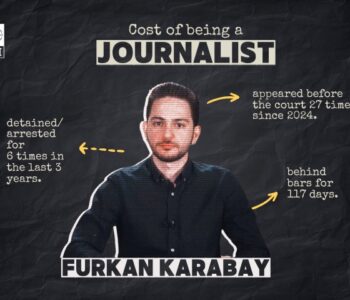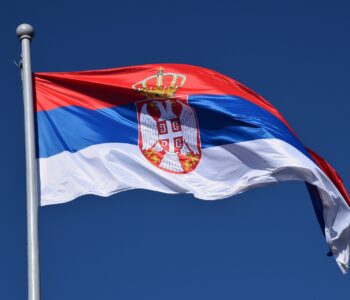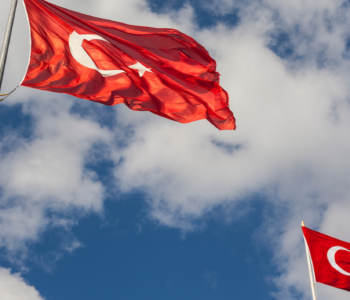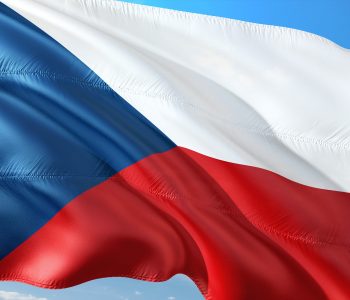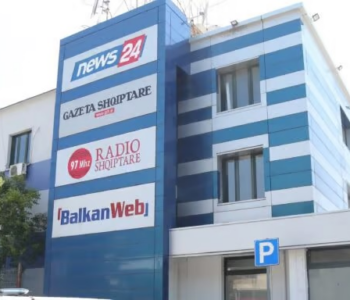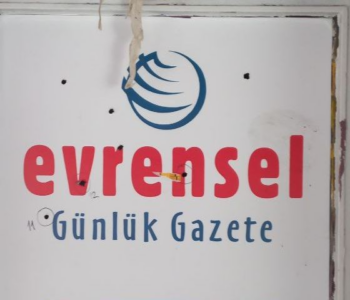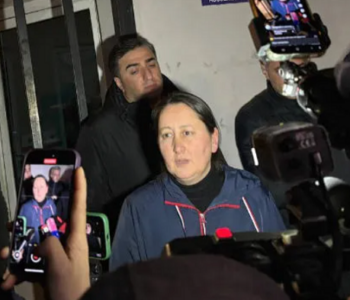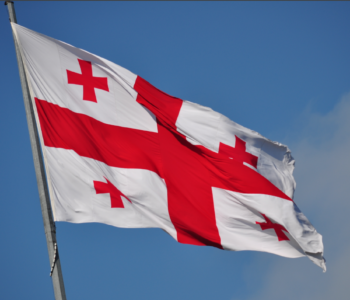The IPI global network today warns of the dire state of media freedom in Georgia amid the introduction of increasingly repressive laws and ongoing attacks on the press. Each day, Georgia moves closer to becoming a fully consolidated authoritarian regime, as the ruling Georgian Dream party intensifies its efforts to erode democracy and silence independent voices.
In the last week the GD has passed legislation to make it far easier to prosecute journalists for defamation, it has imposed new restrictions on reporting from courts, and a court in Batumi has extended the detention of Mzia Amaglobeli despite medical reports that her vision has deteriorated dangerously while in prison.
The international community, particularly the European Union, has a duty to act now to denounce and exert effective pressure on the Georgian Dream (GD) ruling party, the leaders of institutions and judges responsible for the crackdown on both media and civil society.
Repressive new legislation
On June 26, the Georgian Dream parliament adopted amendments to the Law on Freedom of Speech and Expression in the third reading. The amendments are being fast-tracked before the one-party legislature concludes its spring session on June 27.
The bill redefines defamation as “a statement containing a substantially false fact and one that damages a person’s reputation,” omitting the current clause’s reference that such a statement must “inflict harm” to be considered defamatory. The amendments shift the burden of proof from the plaintiff to the defendant or the person accused of making the allegedly defamatory statement, who must now justify why the statement was not defamatory.
The legislation expands the scope of public insult offences and repeals key safeguards, including protections for journalists acting in good faith, reporting in the public interest, or refusing to disclose confidential sources or professional secrets. The law would allow courts to impose financial compensation for both material and moral damages, even where a retraction or apology has been issued.
The legislative changes would also allow the government to retroactively prosecute people over statements or comments made up to 100 days before the bill’s enactment. During the parliamentary discussion, ruling party MP Tea Tsulukiani called for an even harsher approach — adding defamation back in the criminal code.
These amendments erode fundamental legal protections for journalism by eliminating source confidentiality, fostering self-censorship, and obstructing investigative reporting. These combined changes threaten the very foundations of independent journalism in Georgia.
Obstructions for court reporting
On June 26, the Parliament also adopted draft amendments to the Organic Law on Common Courts that would significantly restrict journalists’ ability to report from court premises. Once the law comes into effect after being signed by the GD elected President Mikheil Kavelashvili, filming will be prohibited inside court buildings, including courtrooms, hallways and courtyards.
Previously, Georgia’s Public Broadcaster, which has long been a mouthpiece for the GD party, was permitted to film inside courtrooms, with an obligation to share content with other media outlets. If it failed to do so, other broadcasters were permitted to step in. This framework will be repealed under the draft amendments.
The law also abolishes additional provisions that currently permit journalists to record in courthouse corridors and courtyards and protect against the confiscation of recording devices.
Georgian Dream introduced the draft law amid the ongoing trials of individuals arrested during anti-government protests in Georgia, including Mzia Amaglobeli. The hearings have been widely covered by independent and government-critical media.
By adopting these amendments in a fast-tracked manner, along with other recently adopted laws and the ongoing impunity for crimes against journalists, GD is slowly suffocating the space for quality independent journalism.
Mzia Amaglobeli remains behind bars
In the same week, on June 23, the Batumi City Court ruled to keep journalist and media director Mzia Amaglobeli in pre-trial detention, rejecting a motion from her defense team to replace imprisonment with a milder preventive measure. Judge Nino Sakhelashvili cited a ‘high risk of reoffending’ as the justification for continued detention.
Amaglobeli’s health has further deteriorated in prison. Medical examinations conducted on February 4 and 6 during her hunger strike revealed a sharp decline: vision in her right eye had dropped from 30% to 10%, while her left eye retained only about 4% vision, limited to light perception. An outspoken regime critic, Amaglobeli faces charges of assaulting a police officer — carrying up to seven years in prison — following an altercation with Batumi Police Chief Irakli Dgebuadze. Amaglobeli’s arrest is widely viewed as retaliation for her journalistic work.
Resilience despite repression
In the last few years, GD has intensified repression of the media, independent journalists have demonstrated exemplary resilience. Media workers have been beaten, harassed, detained, jailed, smeared, fined and still continued their work.
Despite such resilience, in the absence of a robust system of checks and balances, legal protections and independent democratic institutions, amid explicit hostility and a climate of fear, independent journalism is increasingly unlikely to survive in Georgia.
The new wave of legal oppression is unfolding in parallel with massive arrests of government critics, including leaders of opposition parties. Over the past month, the Georgian Dream government has jailed seven opposition leaders, a former defense minister and a former member of the United National Movement (UNM) party.
The adoption of repressive, undemocratic and illiberal legislation, along with widespread political persecution, is unfolding at an unprecedented scale in Georgia—an EU candidate country once widely considered as a beacon of democracy in the South Caucasus. The GD is increasingly relying on the Russian authoritarian playbook to silence critics, undermine human rights and dismantle democratic institutions.
The erosion of civil liberties at an extraordinary pace in Georgia also poses a serious threat to democracy in the region, where far-right and populism are on the rise and illiberal and authoritarian regimes are increasingly gaining ground.
While the Georgian Dream attempts to consolidate authoritarian rule in a matter of months, the international community must urgently respond. We renew our call on the European Union and its member states to step up pressure on Georgia and stem the rapid descent into authoritarianism. The effective pressure must be applied to not only the Georgian Dream officials but every decision maker as well as judges, responsible for this crackdown on media, capture of the public broadcaster and ongoing impunity for crimes against journalists.
We also renew our call on the GD party to repeal repressive laws, including the Foreign Agents Registration Act (FARA) and recent amendments to the Law on Broadcasting and the Law on Grants. We further urge the Georgian Dream-led parliament to withdraw the recently adopted amendments to the Law on Freedom of Expression, as well as the amendments restricting media coverage of court proceedings.
We reiterate our call for the release of unjustly jailed veteran Georgian journalist Mzia Amaglobeli, who has become a symbol of the resilience of Georgian media.
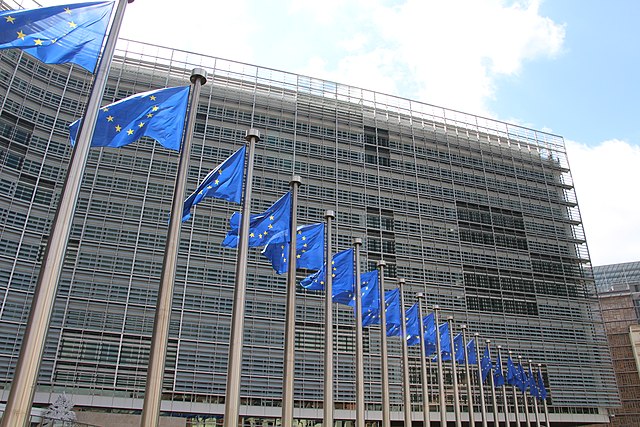 Allgemein
Allgemein

